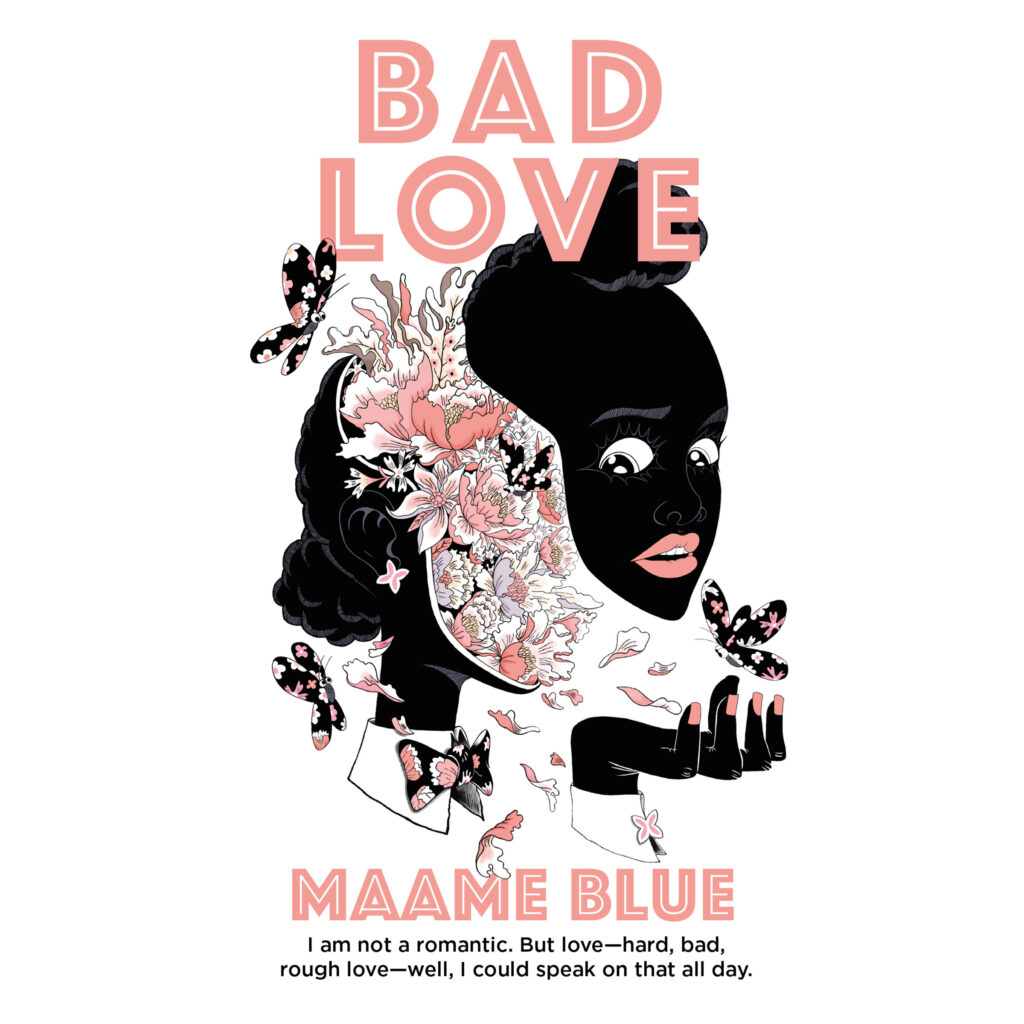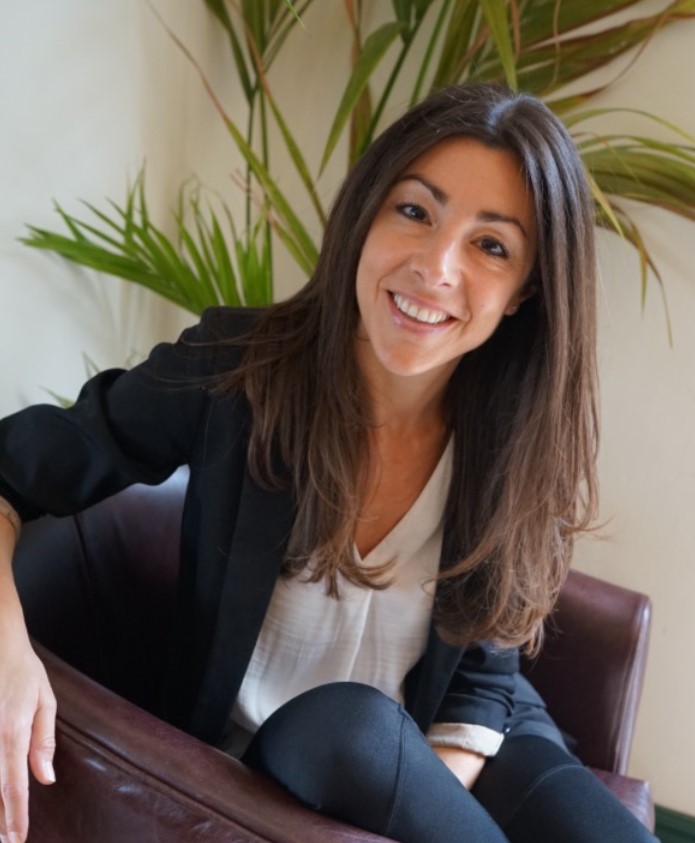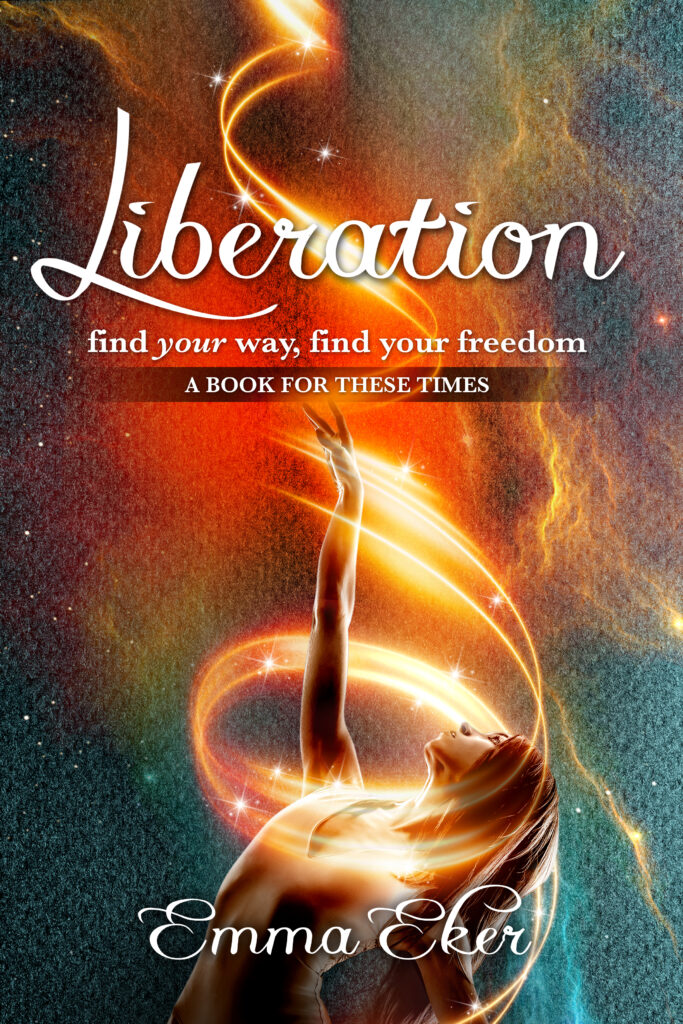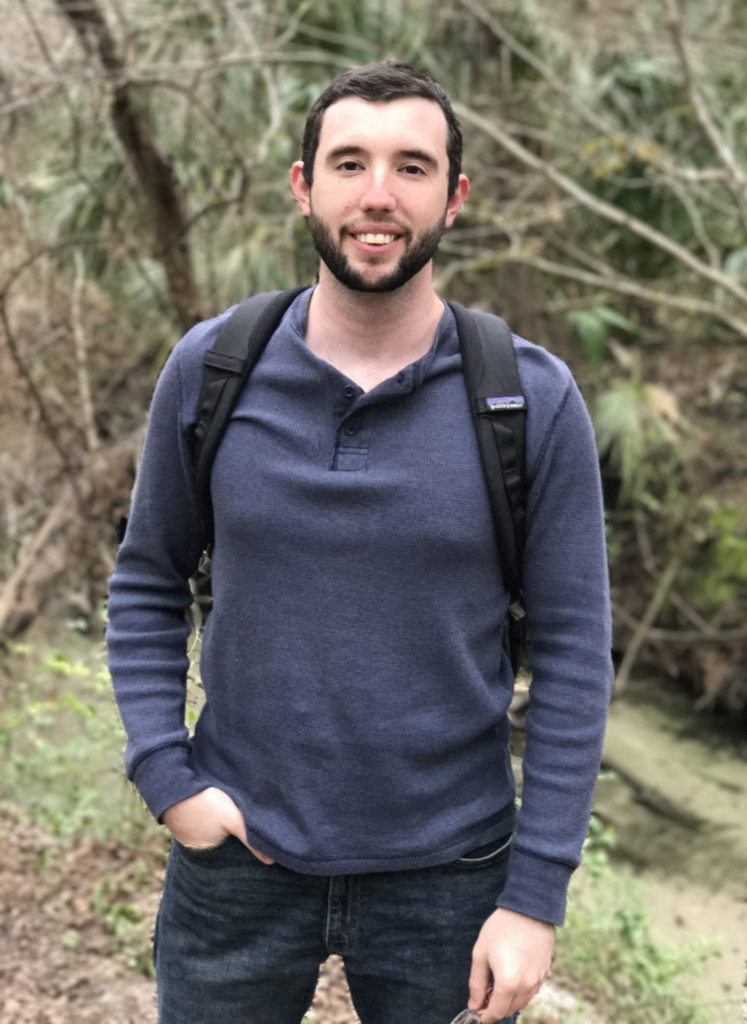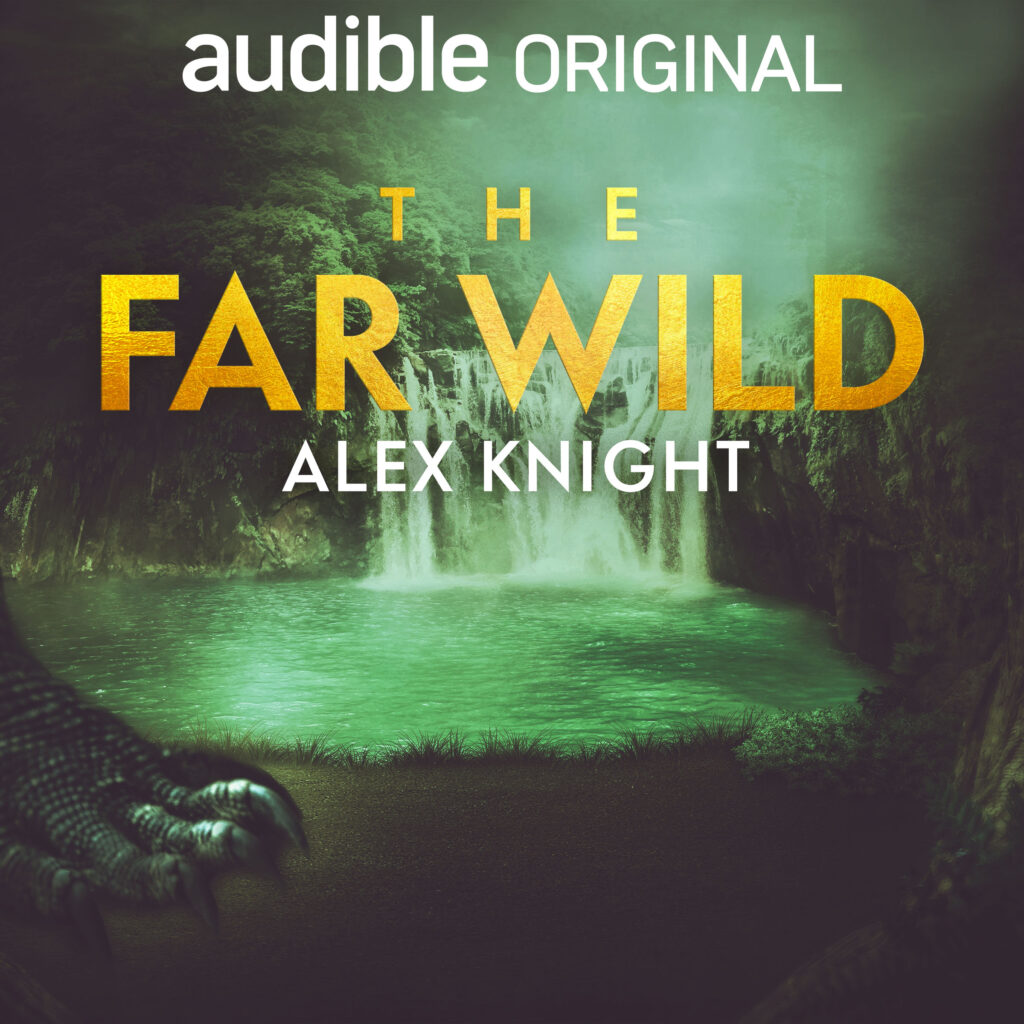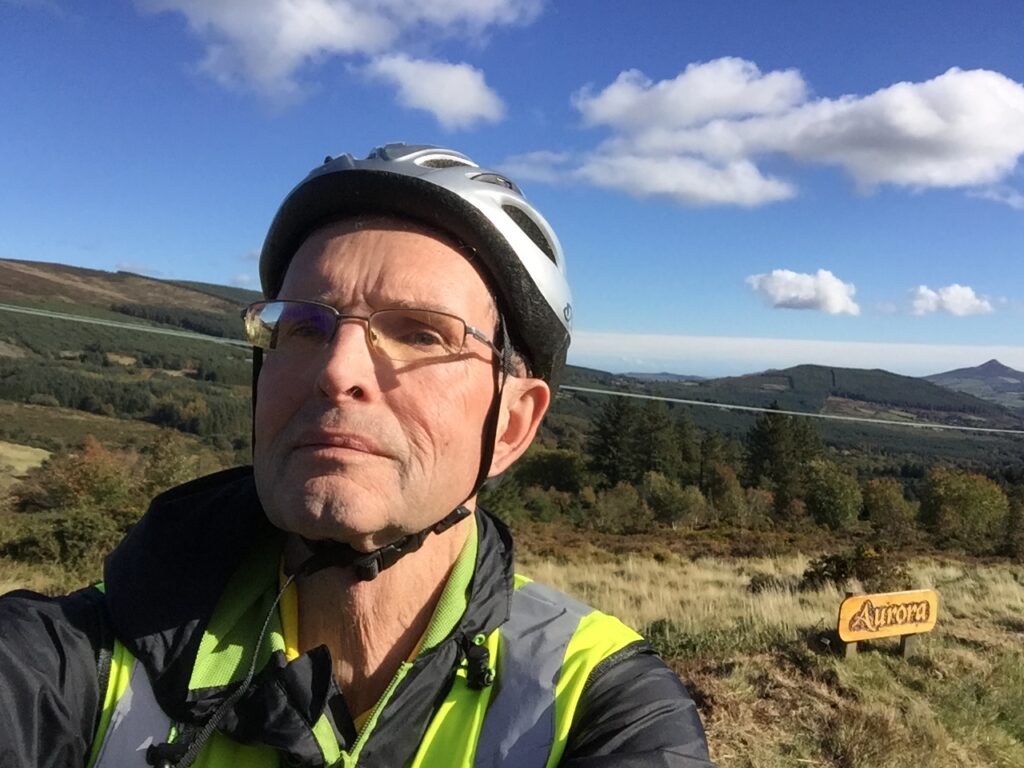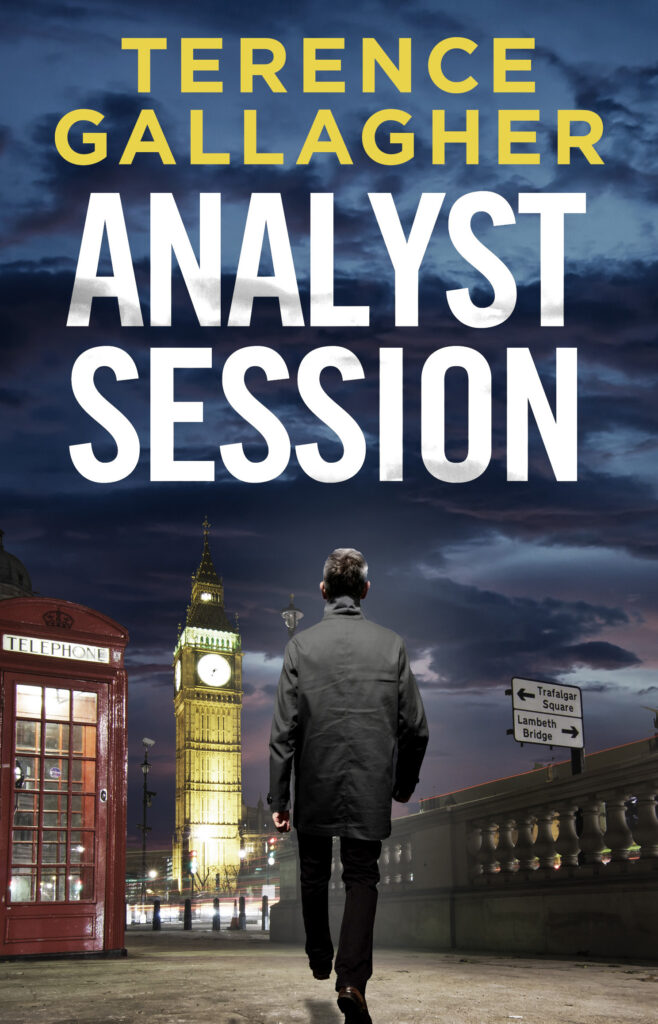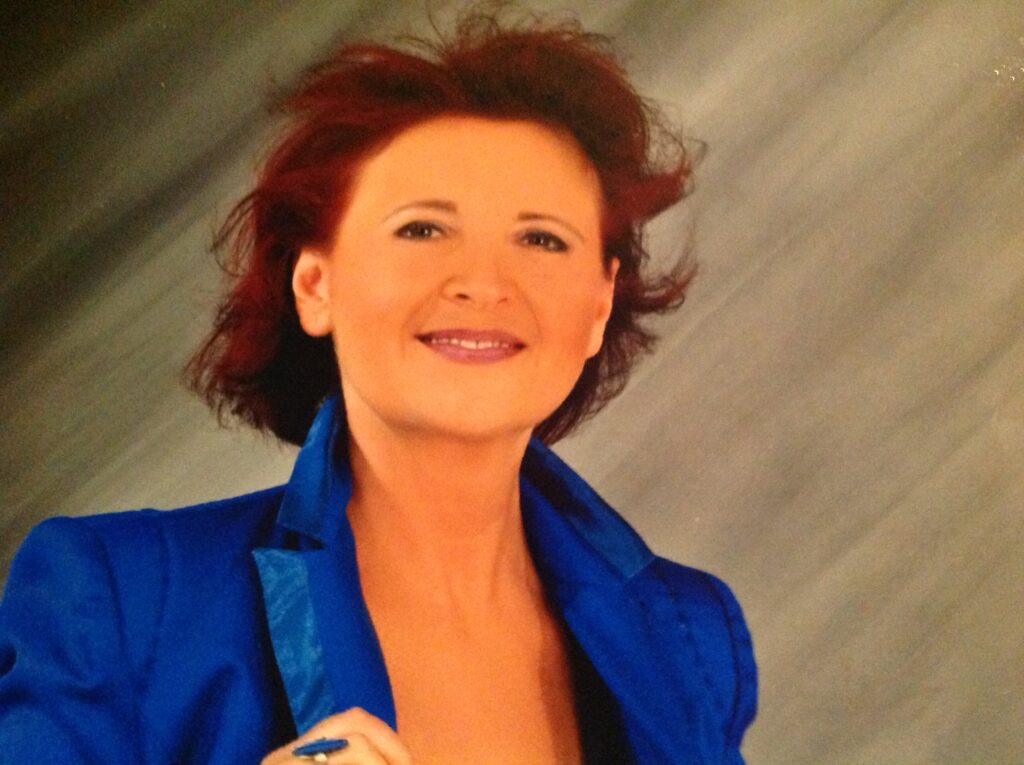 What you have written, past and present
What you have written, past and present
After 4 years of writing it, my debut novel Bad Love has finally been published by Jacaranda Books! It was a bit of a travelling manuscript too because I wrote parts of it in London, New York and Melbourne. Aside from the novel, I’ve written short stories about a grandmother losing her memory, and a couple grieving the unexpected loss of a child. I’ve also written creative nonfiction about the perils of dating as a black woman living in Australia, and the experience of being a young psychotherapist. Presently, I’ve just written a piece for an anthology called Visual Verse, where writers are given an image and one hour to write a corresponding piece to it. This one was especially important to me as it was in tribute to the Grenfell tower victims and in support of the Black Lives Matter movement.
What you are promoting now
Right now I’m promoting my debut novel Bad Love – published by Jacaranda Books as part of their #Twentyin2020 initiative (to publish 20 Black British Writers in 2020), and it’s also available as an audiobook. Bad Love tells the story of Ghanaian-Londoner Ekuah and her tumultuous experience with first love, and how her subsequent relationships and those of her parents, eventually shape her identity.
A bit about your process of writing
Until a couple of years ago, my writing process involved fitting it around whatever full time job I had at the time. But more recently, I try to sit down and write on Fridays. I’ll have some herbal tea, pull out a notebook of a work in progress (I probably have too many of those) and then put a song on repeat that I feel best resonates with whatever I’m writing about. If I can get into that headspace for at least a couple of hours, I feel like I’ve done something, even if I only manage to get a sentence down.
Do you plan or just write?
I’m a great planner in life but not so much in my writing. If I mapped out a structure, I guarantee whatever I end up writing will be bad, because it automatically makes it feel like work. Instead I might have an idea for something, some story, with a very loose framework. I will have a vague idea of where I want it to go, but I keep it brief enough so that when I start writing and it goes in another direction, that’s ok.
What about word count?
I actually enjoy a word count. That might come from my other work in project management, but it’s the only sort of hard structure that my writing positively responds to. And the shorter the word count, the better – I like a challenge!
How do you do your structure?
Again, I’m a bit structureless. But if I’m commissioned to write something, I usually respond quite well to a theme or prompt as that tends to focus my mind a little more. With Bad Love for example, I knew that I wanted to write about complicated relationships, from one young woman’s perspective. The idea was to explore the multiple facets of love as it shows itself in relationships between people, and how each element impacts a person’s personality. But I felt that the strongest way to do that was to write it from an intimately personal perspective, showing the pitfalls and the small joys as they happen.
What do you find hard about writing?
Mostly it’s finding the time to write and giving it enough space to develop. There’s something I’m working on at the moment that I have to get into the zone for, so sometimes competing writing deadlines make that difficult.
What do you love about writing?
The magic of creating characters from scratch and building an emotional world that hopefully resonates with the reader – positively or negatively. I don’t mind which, as long as it makes you feel something!
Maame Blue is part of Jacaranda’s #Twentyin2020 initiative. Her debut novel Bad Love is available to buy online, at Foyles and all good Indie bookshops, and as an Audible audiobook. https://maamebluewrites.com / @MaameBlueWrites

